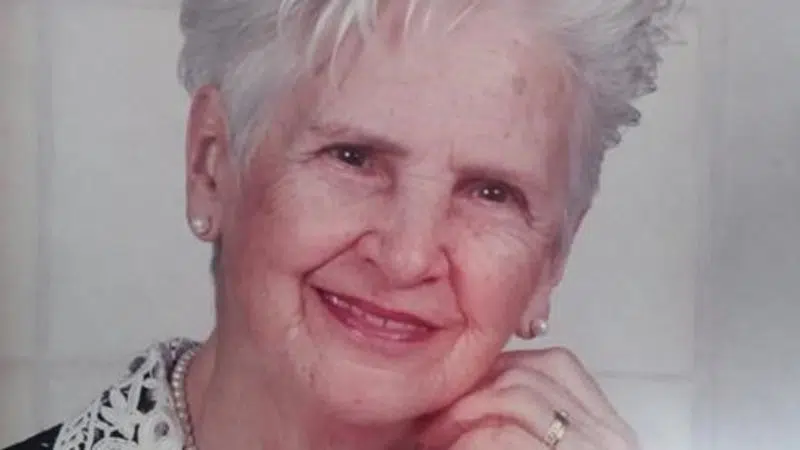
Coroner probes death of Quebec senior who spent 36 hours on balcony
MONTREAL — The family of a 93-year-old Quebec woman who died after spending about 36 hours inert on her balcony at a seniors’ residence wants to see better surveillance for the elderly in such establishments.
Marie-Rose Gauthier lived in an autonomous living apartment at a seniors’ home in Saguenay, Que., and her family believes she fell on the eve of the June 24 Fete Nationale holiday and was unable to get up.
She was discovered on June 25, dehydrated and suffering from hypothermia and died three days later in hospital on June 28.
Denise Ouellet, Gauthier’s daughter, said her mother had all her faculties, but was prone to falls and due to her knees had difficulty getting up. She wasn’t wearing her bracelet alarm to alert anyone she’d fallen.


